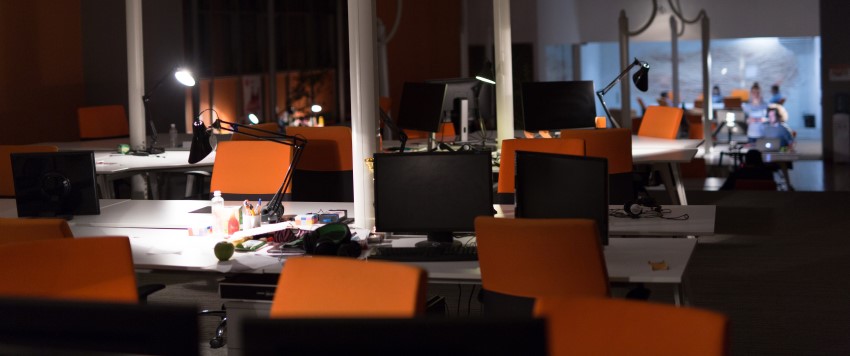Ministers have been told by scientific advisers to start preparing for “rapid deployment” of basic measures amid rising infections and hospitalisations.
The Scientific Advisory Group for Emergencies (Sage) said the re-introduction of mask-wearing, working from home guidance and vaccine passports would reduce the need for more disruptive measures in the future. Sage said that advice to work from home is “likely to have the greatest individual impact” in cutting infections.
The NHS Confederation, a membership body of healthcare trusts said that the “plan B” strategy set out in September should now be implemented.
What is plan B?
Plan B is a contingency plan drawn up by ministers, and includes the reintroduction of some measures.
- Face masks would be made compulsory in some settings.
- Workers advised to do so from home ‘where possible’.
- Vaccine passports could be introduced for some venues.
Despite the calls, the government has said it has “absolutely no plan” to introduce new measures. As we have seen over the past 18 months, the situation can change at very short notice. Health Secretary Sajid Javid said that “although this is not an outcome that anybody wants, we have to be ready just in case”.
Many of the restrictions throughout the pandemic have been implemented at short notice due to the nature of the situation. Therefore it would be wise for employers that are able to allow remote working to think about their own ‘Plan B’. Having a contingency plan in the event home working is enforced again will help to avoid disruption to productivity or service levels. Talk to advo for advice on compiling your home working strategy, or updating your employee handbook to reflect your home working policy.
Original article here.


